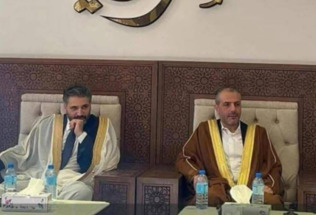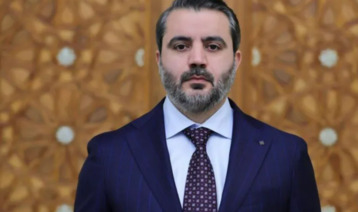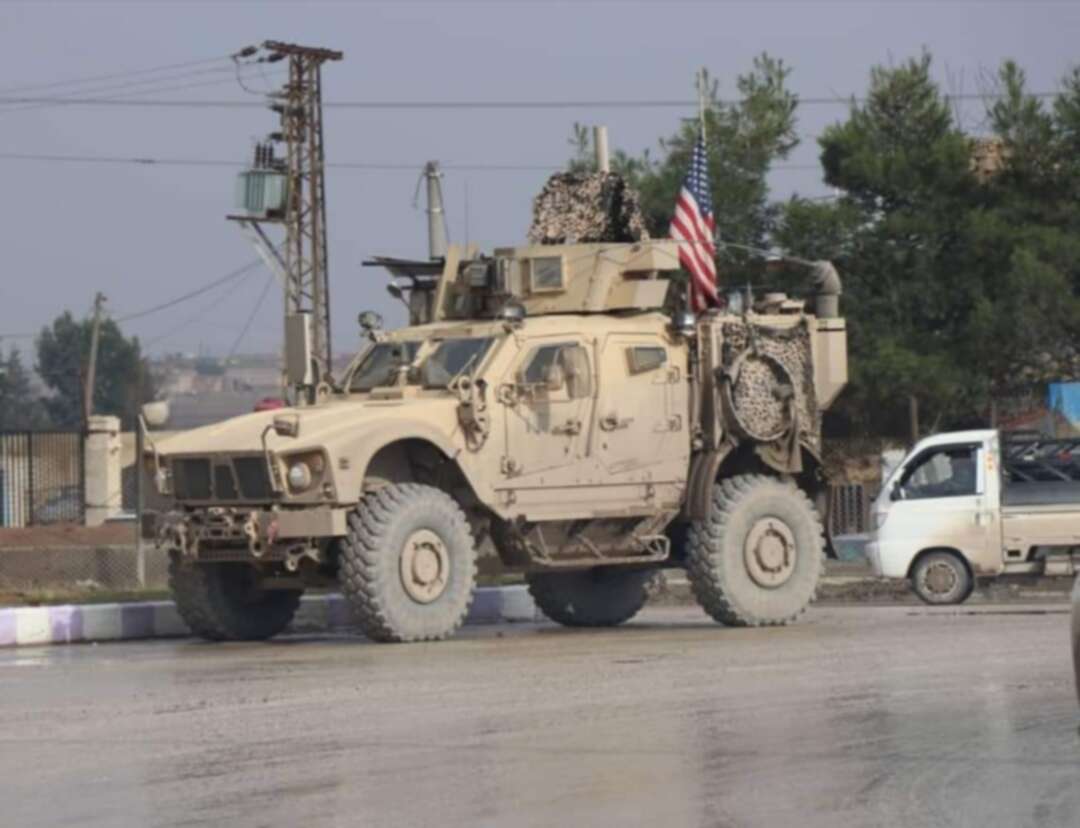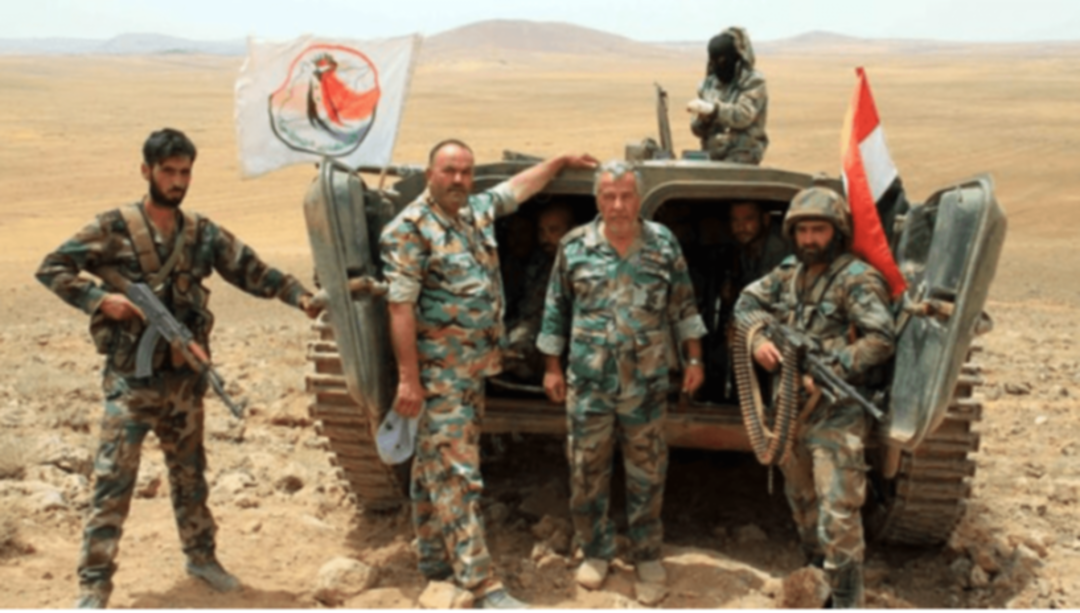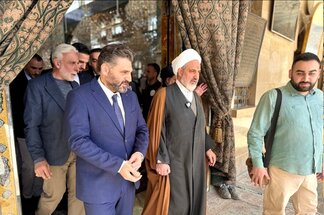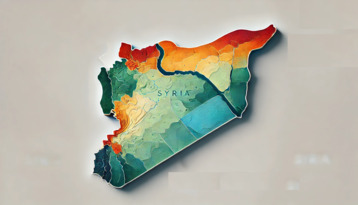-
Iraq’s civil society protest movement seeks to enter parliament
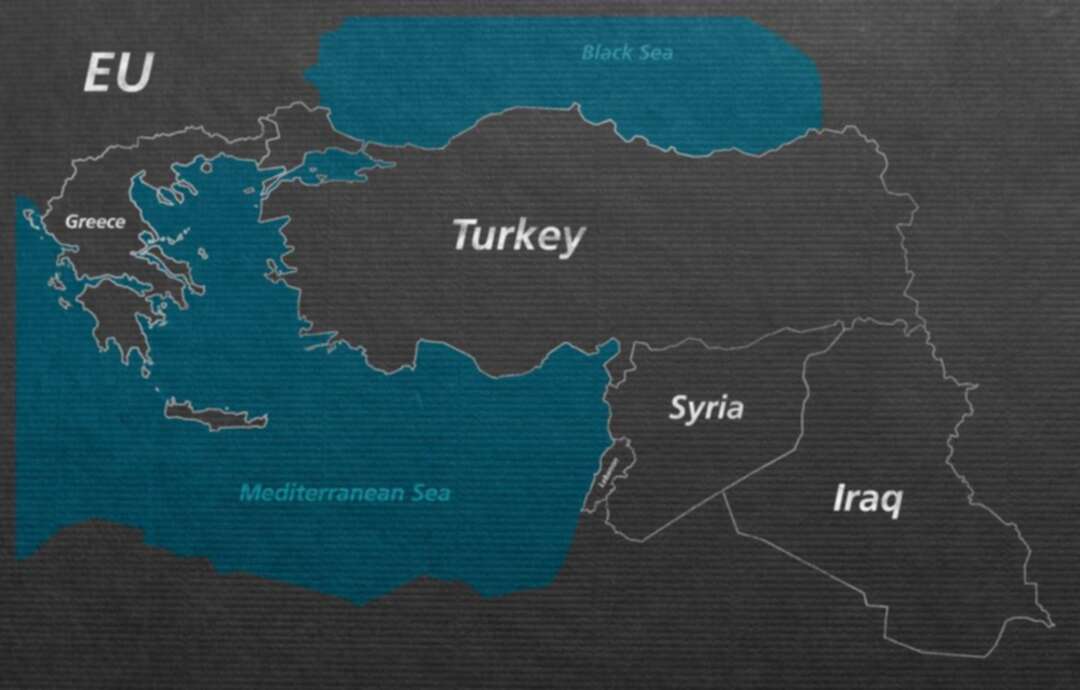
The Arab News reported according to AFP that for the first time in Iraq, a new breed of representatives is entering parliament, born from a civil society movement fed up with the corruption that has long tarnished politics.
Among the newcomers is pharmacist Alaa Al-Rikabi, 47, whose party Imtidad (Extension) emerged in the aftermath of the October 2019 protest movement against the entrenched political elite.
Imtidad positions itself as the “opposition” to governments that have emerged through an informal ethno-sectarian quota system that has been in place since the US-led invasion of 2003, Rikabi told AFP.
According to preliminary results, despite campaigning with extremely limited finances, the party secured nine of the 329 seats in the Iraqi Council of Representatives in the October 10 election.
Ribaki said, stressing that his party instead aims to perform a watchdog role: “I’m aware that our size in parliament will not allow us a lot of leeway” to push a political agenda.
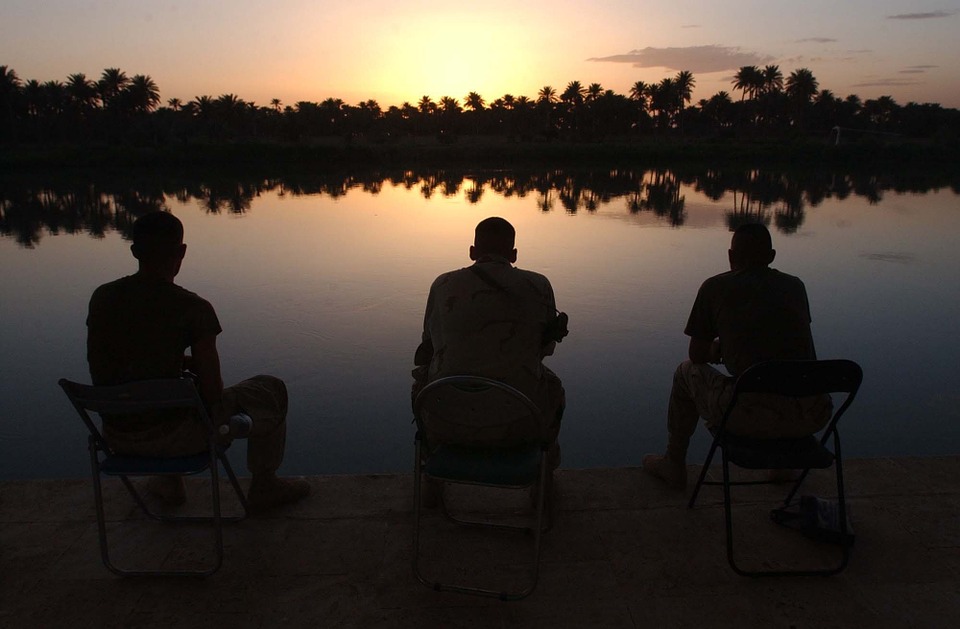
Rikabi said in his home in Nasiriyah, a flashpoint of protests in Iraq’s mainly Shiite south: “We will not participate in any government set up on the basis of quotas, so that we will be able to hold leaders to account."
Read more: UNHCR says 357 illegal immigrants were rescued and returned to Libya
Overall, big political blocs retained their dominance in the election, which was marked by a record abstention rate.
The biggest winner was the Sadrist movement, led by firebrand Shiite cleric Moqtada Sadr. It took 70 seats, according to the results that are expected to be finalized within a few weeks.
Behind the scenes, there have been discussions over the formation of blocs to create a parliamentary majority that would distribute the upcoming Cabinet posts.
But it is specifically against this system that the protest movement, and by extension Imtidad, was forged.
Imtidad is seeking its own alternative alliance to make its presence felt. With only nine seats, the party “will not be able to extend its influence in parliament”, said Saleh Al-Alawi, a judge and a political scientist.
Rikabi pointed out that, “according to the constitution, we need at least 25 MPs to be able to question a minister”.
To this end, he said, “we are trying to come to an understanding” to team up with other parties.
In particular, Imtidad has been in talks with a small Kurdish party, the New Generation Movement, which has similar leanings and also holds nine seats.
The unprecedented protest movement that broke out two years ago railed against the political class running the oil-rich but poverty-stricken country where youth unemployment is soaring.
Read more: England’s deputy medical officer: Christmas may be difficult as Covid-19 is not over
The streets of Nasiriyah still bear witness to the anger, and posters of the “martyrs” adorn the walls, honoring many of the hundreds of activists who paid with their lives.
Factions of the Hashd Al-Shaabi — a paramilitary group integrated into the armed forces and represented by the pro-Iran Fatah (Conquest) Alliance in parliament — have faced accusations of targeting activists.
Hussein Ali, 28, said he has been in a wheelchair for two years since being shot in the back during a demonstration.
“I voted for Imtidad because I hope they can fight for the rights of the demonstrators,” he said. “Ever since I was injured, I haven’t received any compensation from the government.”
Unlike many established Iraqi politicians, newcomers like Rikabi have little money and had to run low-cost campaigns.
Imtidad spent 4 million dinars (about $2,700) for posters and events in the province of Dhi Qar, of which Nasiriyah is the capital — a fraction of the tens of millions often spent by larger parties.
Read more: UNRWA says more than half of Gaza children need psychological support
In a bid to break with what he calls the “stereotype of the representative,” who is out of touch with voters and with reality, Rikabi drives his own car and does not have an office.
Others have been even more frugal, such as Mohammed Al-Anouz, who came to be known on social media for putting up his own campaign posters in the Shiite shrine city of Najaf.
He told AFP, for him, opposition is the only option.
“The big parties have contacted me to find out my position,” he said. “I will not form an alliance with the parties that have led the country in past years.
“It is they who got us into this situation where there are no public services and corruption reigns.”
Source: arabnews
You May Also Like
Popular Posts
Caricature
BENEFIT Sponsors Gulf Uni...
- April 17, 2025
BENEFIT, the Kingdom’s innovator and leading company in Fintech and electronic financial transactions service, has announced its sponsorship of the “Innovation and Sustainable Technology Solutions Competition (GU - IST Solutions), hosted by Gulf University at its main campus.
This strategic sponsorship reflects BENEFIT’s active role in advancing technological innovation and fostering sustainable solutions to future challenges. It also seeks to empower Bahraini youth by enhancing their skills, capabilities, and competitiveness in innovation and solution development—contributing meaningfully to the broader goals of sustainable development across all sectors.
As part of BENEFIT’s active involvement in the competition, the company has announced that Hanan Abdulla Hasan, Senior Manager of Public Relations and Communication, will serve on the competition’s supervisory committee. Her upcoming participation reflects BENEFIT’s forward-looking commitment to championing academic and professional excellence.
Commenting on the occasion, Hanan Abdulla Hasan, Senior Manager of Public Relations and Communication at BENEFIT, said, “We are privileged to support this pioneering initiative, which aligns seamlessly with BENEFIT’s enduring commitment to fostering innovation and nurturing the potential of Bahrain’s youth. Our participation is rooted in a deep sense of social responsibility and a firm belief in the pivotal role of innovation in shaping a sustainable future. Through such platforms, we seek to empower the next generation with the knowledge, skills, and foresight required to develop impactful solutions that address future challenges, in line with the United Nations Sustainable Development Goals 2030.”
Dr. Aseel Al Ayash Dean of the College of Engineering in Gulf University commented, “We extend our sincere gratitude to BENEFIT for their generous sponsorship and support of the Innovation and Sustainable Technology Solutions Competition. This contribution plays an instrumental role in helping us achieve the strategic goals of this initiative, namely, cultivating a culture of innovation and sustainability, encouraging efforts that address the imperatives of sustainable development, and enhancing the practical and professional capabilities of our students and participants.”
The event will bring together a diverse spectrum of participants, including secondary school students, university undergraduates, engineers, industry professionals, entrepreneurs, academic researchers, and subject matter experts representing a wide range of disciplines.
The competition seeks to inspire participants to develop and present innovative, sustainable technologies aimed at addressing pressing environmental, social, and economic challenges. It encourages the formulation of business models that integrate advanced technological solutions with core principles of sustainability. Moreover, it serves as a platform for emerging leaders, entrepreneurs, and innovators to contribute to the advancement of the Sustainable Development Goals, promote the ethos of responsible technology, and demonstrate its transformative potential across various sectors.
Attendees will have the opportunity to view a series of project presentations submitted by participants, covering diverse areas such as eco-friendly product design, smart and sustainable innovations, renewable energy technologies, water conservation and management, waste minimisation and recycling, green architectural solutions, and sustainable transportation systems. Outstanding projects will be formally recognised and awarded at the conclusion of the event.
opinion
Report
ads
Newsletter
Subscribe to our mailing list to get the new updates!

